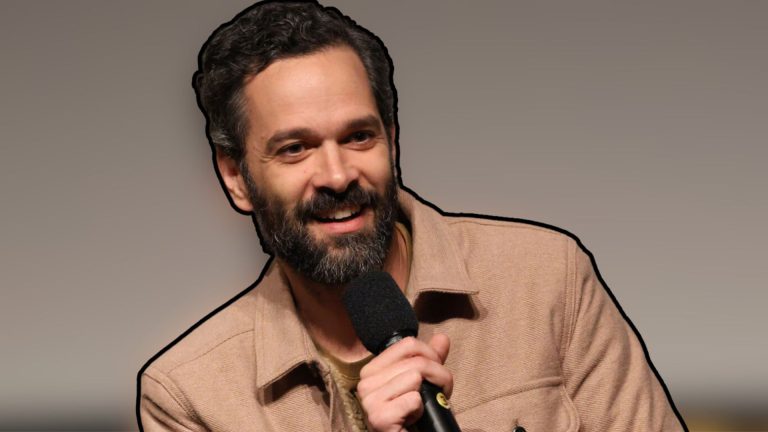Burnout hits everyone eventually. In a world where the hustle of AAA game development never seems to slow, Neil Druckmann, the visionary director behind The Last of Us and co-president of Naughty Dog, is contemplating a quieter horizon. We may have seen the last of his major projects.
During an appearance on Logically Speaking, a podcast hosted by rapper Logic, Druckmann shared reflections that likely resonate with many other creatives in the gaming space. Druckmann, who is currently 45, has found himself at a crossroads, facing the universal struggle of balancing professional ambition with personal fulfillment.
“I don’t see myself doing this forever at this scale,” he admitted, highlighting the intense stress and the enormous responsibility of leading multiple studios across the globe. This admission comes at a time when the gaming industry, especially within Sony’s prestigious circle of studios like Naughty Dog, Guerrilla Games, and Insomniac Games, faces a chaotic future due to recent layoffs affecting 900 workers worldwide.
Druckmann went ahead to draw a parallel between his journey and that of Quentin Tarantino, musing on the filmmaker’s declaration to cap his directing career at 10 films. From his perspective, it’s not just about the number of projects but also the quality of life and the desire for a creative outlet that doesn’t demand the overwhelming toll of AAA titles.
Druckmann isn’t alone, with other leading creatives in the AAA game development space joining in with similar statements following his own. This sentiment has also been echoed by Cory Barlog, the director of God of War, via Twitter.
At first, Druckmann’s comments might sound like the thoughts of a weary director, but upon further examination, one can clearly see that this is a genuine commentary on the changing landscape of the gaming industry. The AAA space is becoming increasingly untenable, with budgets ballooning to unsustainable levels.
When studios fail to recoup their investments, they often resort to cutbacks and layoffs, which have affected close to 17,000 people to date. This financial strain, coupled with the personal toll on creators and the unacceptable cycle of recurring layoffs, begs the question: What is the future of game development?
As of now, the Naughty Dog boss doesn’t see his future far from the creative realm, though. Having enjoyed his work on HBO’s The Last of Us and other lower-key projects, Druckmann has suggested a potential shift towards mediums that allow for creative expression without the enormous stress of video game blockbusters.
Does this mean we might get to see Druckmann collaborate with other showrunners on future TV projects? Maybe, or at least we hope so. Until then, we can only hope that Druckmann has one more masterpiece of a game left in him.

